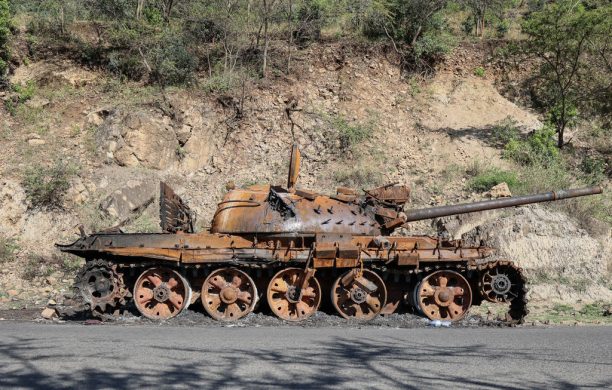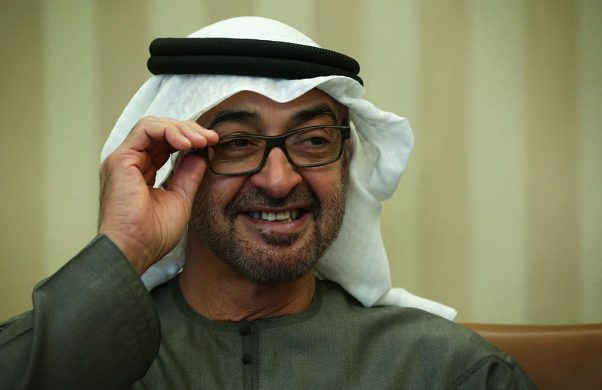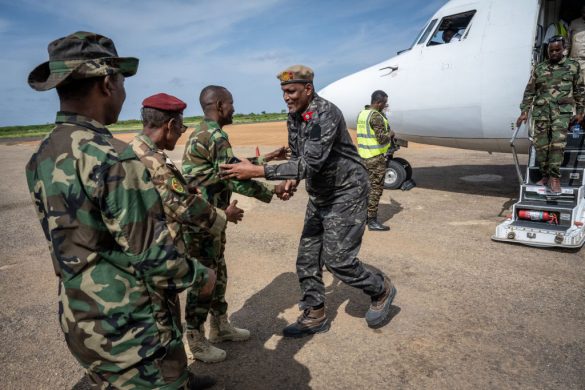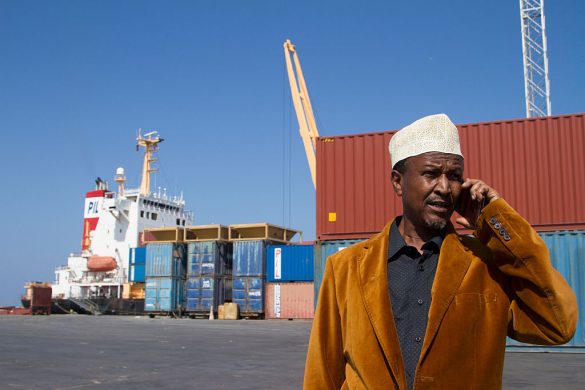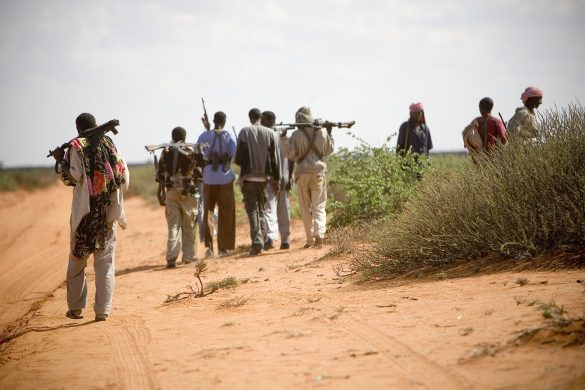MOGADISHU, 9 September 2016 (UNOCHA): The Humanitarian Coordinator for Somalia, Peter de Clercq, released US$7 million on 26 August from the multi-donor Somalia Humanitarian Fund to scale up lifesaving and life sustaining assistance to strengthen protection services to internally displaced persons in Mogadishu.
This is the second allocation to assist internally displaced persons this year, and will support education, food security, health, nutrition, protection, shelter and water and sanitation activities in the Daynille and Kaxda districts near Mogadishu.
These two settlements host the majority of the more than 120,000 displaced persons who were forcibly evicted from other areas of Mogadishu in 2015.
The living conditions in these settlements are deplorable, services are limited or non-existent, and human rights violations are rife.
The first allocation of $7 million was released in July for internally displaced people in Baidoa and Kismayo.
“The internally displaced in Somalia face enormous challenges, and timely and focused humanitarian support is essential to address their urgent needs. Many displaced people who will benefit from this allocation were evicted from settlements in the city centre, where they originally sought refuge,” said Peter de Clercq.
“Humanitarian actors remain committed to alleviate the suffering of displaced people, support livelihoods and catalyse durable solutions linked to development efforts aimed at breaking the cycle of protracted displacement in Somalia.”
400.000 internt fordrevne i hovedstaden
Mogadishu hosts some 400,000 internally displaced Somalis in over 400 settlements, more than 36 per cent of the estimated 1.1 million people who remain in protracted displacement across Somalia.
These displaced people lack adequate access to food, shelter and basic services, and also face the most serious protection-related risks, such as physical attacks, gender-based violence — particularly rape, sexual exploitation and abuse — and restrictions on movement. The displaced make up 68 per cent of acutely food insecure people in Somalia.
Clan conflicts, military operations in southern and central Somalia, natural disasters and forced evictions have continued to cause new displacements across Somalia.
Der mangler 600 mio. dollars
Nine months into 2016, less than one third of the 2016 Humanitarian Response Plan for Somalia has been funded. The nutrition cluster is the highest funded at 45 per cent while the protection cluster is the lowest funded at 15 per cent.
A funding gap of more than $600 million remains and funding is needed to bolster humanitarian response and the ongoing efforts to sustainably address malnutrition and access to food, including support to comprehensive durable solutions.
The UN’s humanitarian effort complements a system-wide IDP Durable Solutions Initiative for Somalia, which has been launched with federal and state authorities.
Danmark blandt lande, der har støttet
The Somalia Humanitarian Fund supports the most urgent and life-saving humanitarian needs, as determined by humanitarian actors under the leadership of the Humanitarian Coordinator.
Allocations in 2016 have included, among others, $6.5 million for drought response in Somaliland and Puntland, $600,000 for Acute Watery Diarrhoea/Cholera response and $515,000 for emergency education to prevent school closures in southern and central Somalia, and $500,000 for water and sanitation and shelter support to flooding in Belet Weyne.
Contributors to the Fund in 2016 have included Australia, Denmark, Germany, Ireland, the Netherlands, Sweden, Switzerland and the United Kingdom.



